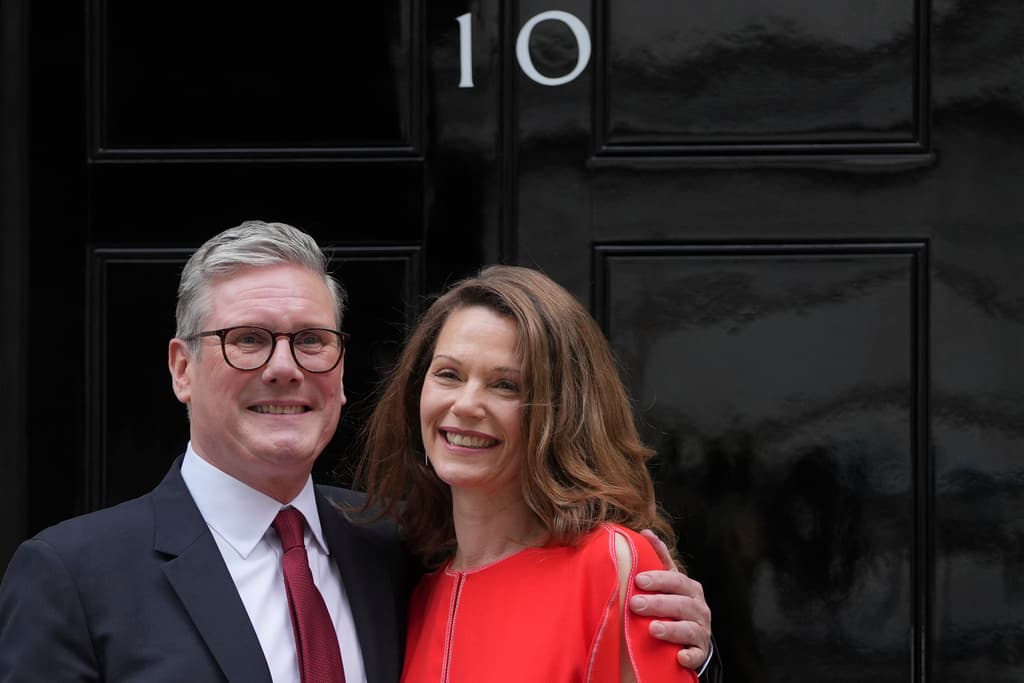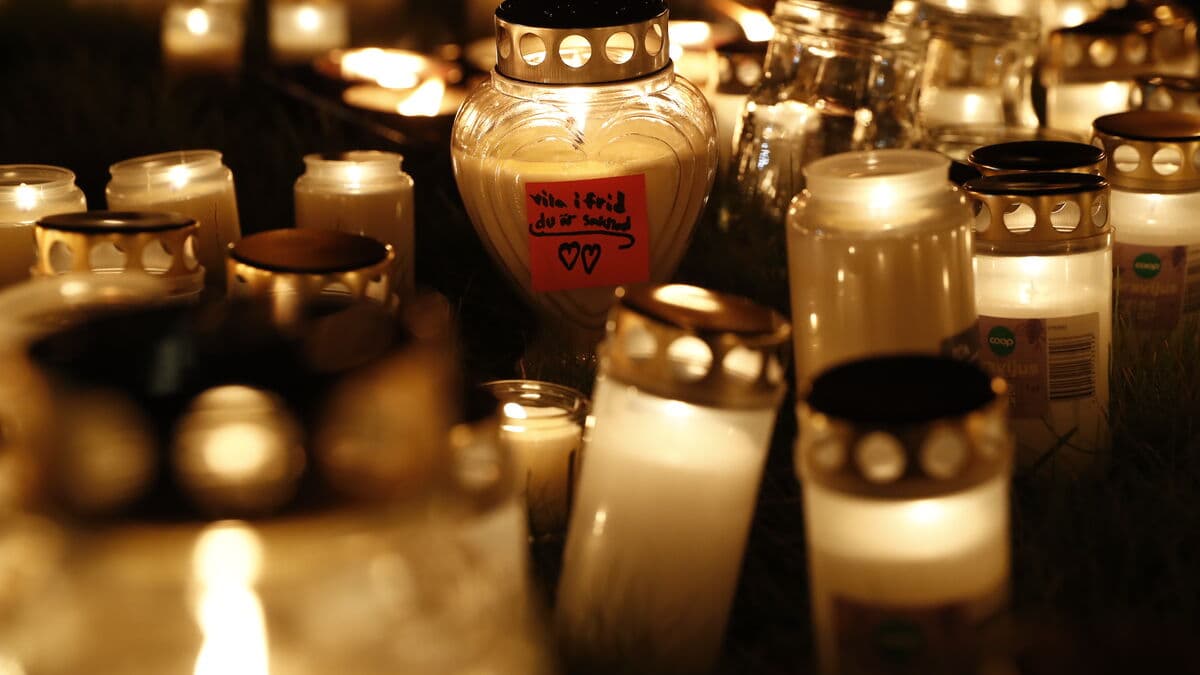Keir Starmer scraps the previous government's far-reaching plans to send people seeking asylum in the UK to Rwanda.
Rwanda project was dead and buried even before it started, he tells reporters at his first press conference as the UK's new Prime Minister.
Labor took a landslide victory in the British election and Starmer has now installed himself in the Prime Minister's residence, Downing Street 10.
On Saturday, he held his first meeting with the new government, followed by a press conference where he announced that he will not proceed with his predecessor Rishi Sunak's plan to send asylum seekers from the UK to Rwanda to have their process tried there.
I am not willing to continue with tricks that do not work for deterrent purposes, he says according to AFP.
In the election campaign, Starmer promised change, without always specifying what that means. However, some points that he must deliver on can be identified – and he must get started immediately, writes Sky News.
The cost crisis, healthcare, and energy issues are, in addition to the migration issue, three political areas that have been identified as challenging.
"NHS is broken"
Wes Streeting has been a prominent figure during Labor's election campaign. Now, he has been appointed as Health Minister and says that the government will take on the problems within the national healthcare system (NHS).
NHS is broken. In the sense that patients do not receive the care they deserve and the staff, despite doing their utmost, see that it is not enough.
Now it is up to the government to fix the system. A first step will be to gather union leaders to resolve the strike among younger doctors.
The new Home Secretary Yvette Cooper has, in turn, made promises about "tough love" to combat knife violence and a police reform to achieve more uniform regulations in the police nationally.
Starmer will travel next week on his first foreign trip, which will take him to the USA and the NATO summit in Washington. Security policy is likely to be another heavy issue during his term with several ongoing crises: Russia's war in Ukraine, war in the Middle East, and an increased threat from China.
Allocations increase
Labor has promised to review defense allocations during the first 12 months in power and present a plan to increase the defense budget to 2.5 percent of national income, from today's slightly over 2 percent.
The social democratic party has also promised investments in "clean energy", increased energy efficiency in housing, and the installation of heat pumps in public housing.






